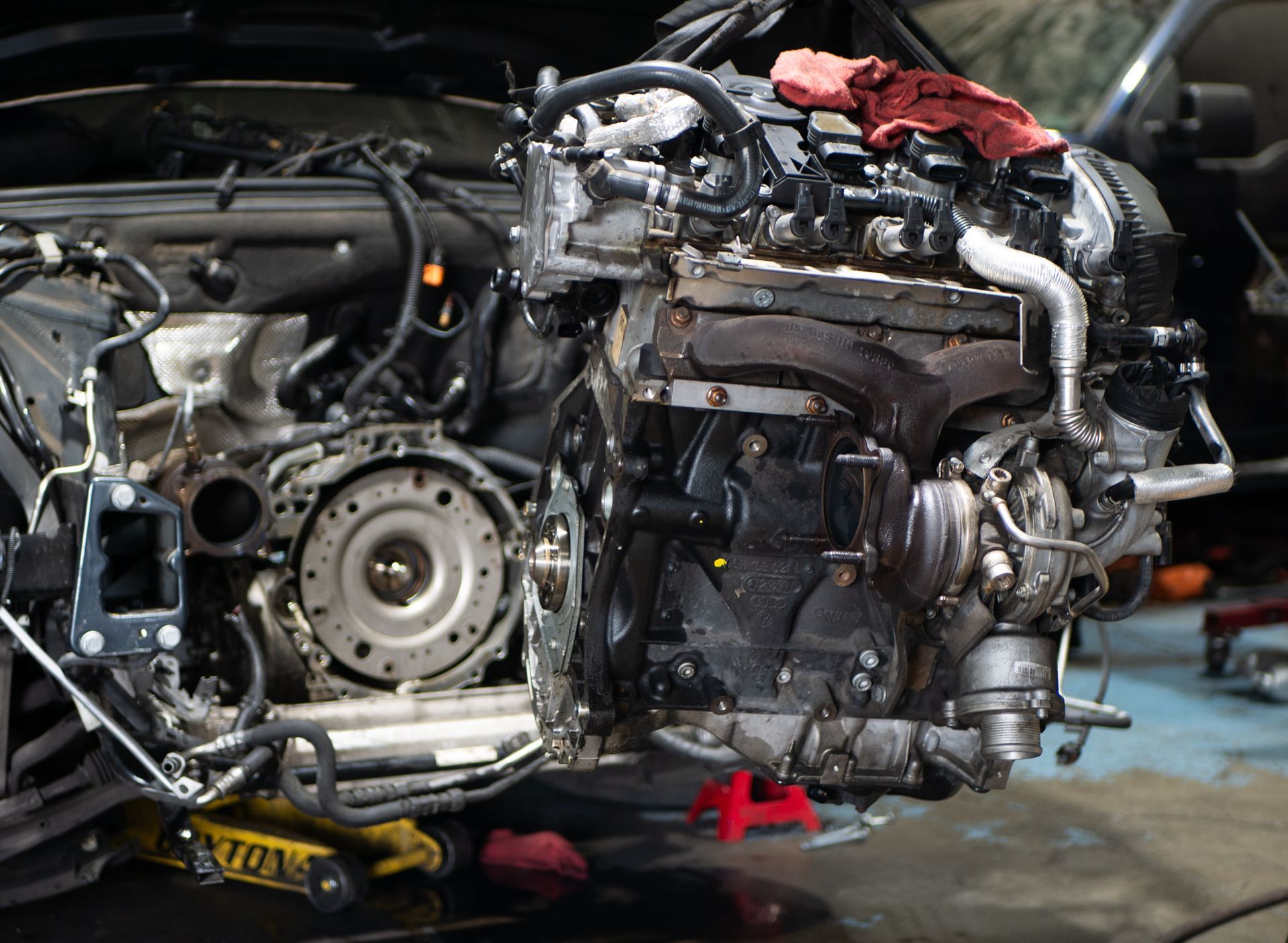Why is My A/C Not Blowing Cold Air?
Common Causes and Solutions AC repairs in Las Vegas | Mejia's Auto Repair

When the scorching heat of summer hits, having a functioning air conditioning (A/C) system in your car is essential for a comfortable ride. However, if your A/C is blowing hot air instead of the refreshing cool breeze you expect, it can be frustrating and uncomfortable. In this blog post, we'll explore the common causes of why your A/C may not be blowing cold air and provide some solutions to get it back to optimal performance.
Auto AC Recharge:
One of the most common reasons for an A/C system blowing warm air is a lack of refrigerant. Over time, refrigerant levels can decrease due to leaks or normal wear and tear. Getting a recharge of your A/C system can often solve the problem, as it restores the proper refrigerant levels and allows the A/C compressor to function as intended. It's important to have a professional handle the recharge process using the right equipment to ensure accurate pressure and avoid potential future issues.
Dirty A/C System:
A dirty A/C system can hinder proper refrigerant flow and lead to compressor overheating or failure. Contaminants and debris can accumulate in the system, causing issues such as the compressor repeatedly turning on and off. To address this, it's recommended to clean the A/C system thoroughly. This may involve cleaning or replacing components like the evaporator, orifice tube, expansion valve, and Shrader valves. Regular maintenance and cleaning can help prevent compressor failure and ensure optimal A/C performance.
A/C Pressure Sensor:
The A/C pressure sensor plays a crucial role in determining when the A/C compressor should engage. If the pressure sensor detects either too much or too little pressure in the system, it will prevent the compressor from functioning. Depending on the vehicle, the pressure sensor may be located in different positions. It's essential to ensure that the A/C system's pressures are within the correct range before concluding if a pressure sensor failure is the cause of the problem.
Cooling Fans:
The cooling fans in your vehicle are vital for proper A/C system cooling. Fan failure can lead to compressor overheating and subsequent A/C system failure. Some vehicles have a dual fan setup, where one fan cools the engine while the second fan cools the A/C system. Other vehicles may have a single fan that serves both purposes. If the cooling fans are not operating correctly, it's important to diagnose and resolve the issue promptly to prevent further A/C system complications.




